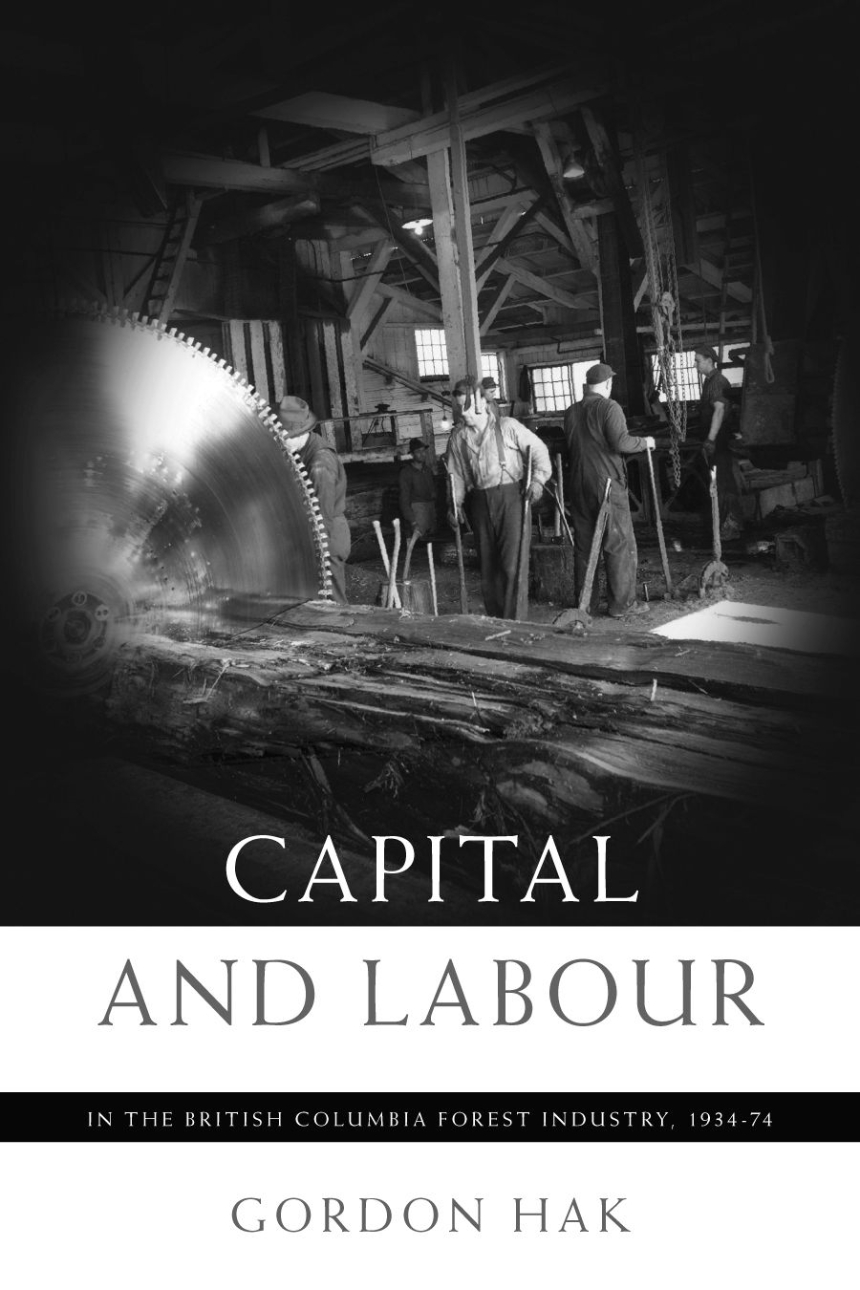University of British Columbia Press
Capital and Labour in the British Columbia Forest Industry, 1934-74
9780774813075
Distributed for University of British Columbia Press
Capital and Labour in the British Columbia Forest Industry, 1934-74
The history of British Columbia’s economy in the twentieth century is inextricably bound to the development of the forest industry. In this comprehensive study, Gordon Hak approaches the forest industry from the perspectives of workers and employers, examining the two institutions that structured the relationship during the Fordist era: the companies and the unions. He relates daily routines of production and profit-making to broader forces of unionism, business ideology, ecological protest, technological change, and corporate concentration. The struggle of the small-business sector to survive in the face of corporate growth, the history of the industry on the Coast and in the Interior, the transformations in capital-labour relations during the period, government forest policy, and the forest industry’s encounter with the emerging environmental movement are all considered in this eloquent analysis.
Table of Contents
Maps, Tables, Illustrations
Acknowledgements
Abbreviations
Introduction
1 Companies, Markets, and Production Facilities
2 The State, Sustained Yield, and Small Operators
3 Establishing Unions
4 Union Politics
5 The Daily Grind: Capital and Labour in the Era of the Collective Agreement
6 Technology
7 Companies and Unions Meet the Environmental Movement
Final Remarks
Notes
Abbreviations
Bibliography
Index

